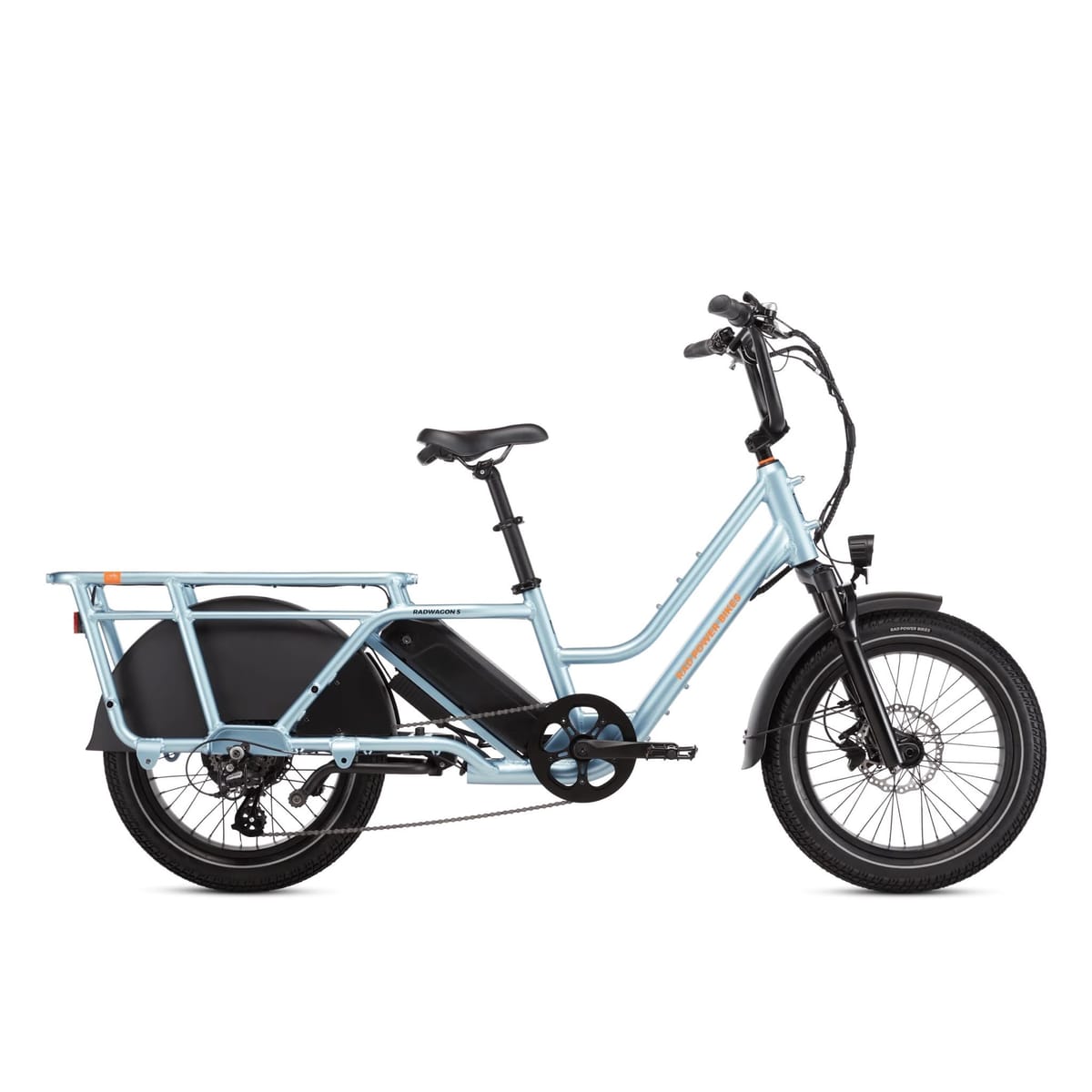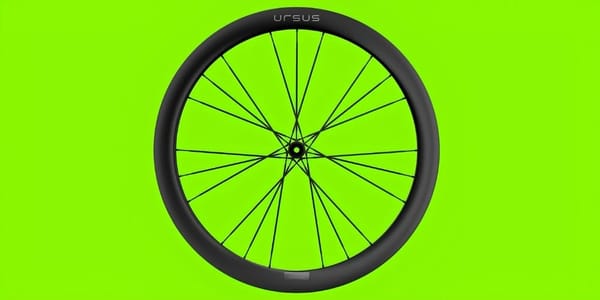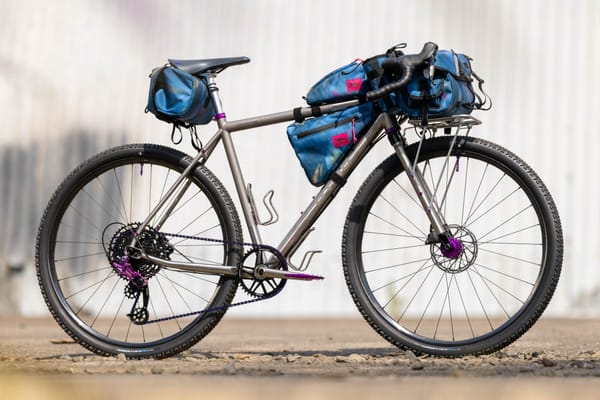The End of the E-Bike Gold Rush?
Rad Power Bikes, the $1.6B e-bike unicorn, is on the verge of collapse. A personal take on what this means for the cycling industry and the end of the pandemic boom.

The e-bike market for the past five or six years has felt like a genuine gold rush, and Rad Power Bikes was, for a long time, the one who’d struck the biggest vein. They were the brand that seemed to crack the code, putting e-bikes into the mainstream.
It seems that gold rush is officially over.
I just read the news that Rad, the company that became synonymous with e-bikes in North America, is now fighting for its survival. They’ve filed a formal WARN notice in Washington state, which is the legal step a company takes when it has to warn employees of a potential large-scale layoff or a complete shutdown. In this case, it’s a "potential cessation of operations" that could happen as early as January 2026.
This is both staggering and, in a grim sort of hindsight, not entirely surprising.
During the pandemic, Rad's growth was something to behold. They raised over $329 million in funding, hit a "unicorn" valuation of $1.65 billion in 2021, and their bikes were everywhere. It felt like every bike path and city street suddenly had one. But that demand wasn't normal; it was a massive, temporary spike fueled by lockdowns, stimulus checks, and a collective, sudden-onset desire to just get outside.
An internal letter to employees, which is now public, frames the situation in familiar terms. Management "did not anticipate the sudden drop in consumer demand from Covid-era peaks" and also pointed to challenges from "tariffs and the macroeconomic landscape."
As someone who's pretty deep in the cycling world, this feels like a significant moment. It’s the painful, gravitational downside of that massive, VC-fueled hill. We saw a similar story with VanMoof’s bankruptcy last year. It raises so many questions about the sustainability of the venture-backed, direct-to-consumer model in the bike industry. Can you really "blitzscale" a hardware company that has to manage complex global supply chains, seasonal demand, and long-term customer support for a heavy, complex product?
Maybe the market for e-bikes was never as big as investors thought. Or maybe it is, but it requires a slower, more sustainable approach than the "grow at all costs" tech playbook.
The most telling, and frankly heartbreaking, detail from the whole story is the change in the company’s internal mantra. For years, their slogan was "Ride Rad."
Now, according to the letter, it’s "Save Rad." That says it all.
It's a tough day for the industry, and especially for the 64+ employees at headquarters (and many more at retail locations) who are now facing an uncertain future. I'm hoping they find a last-minute buyer, but this feels like the definitive, sobering end to a very specific, and very strange, chapter in cycling.





